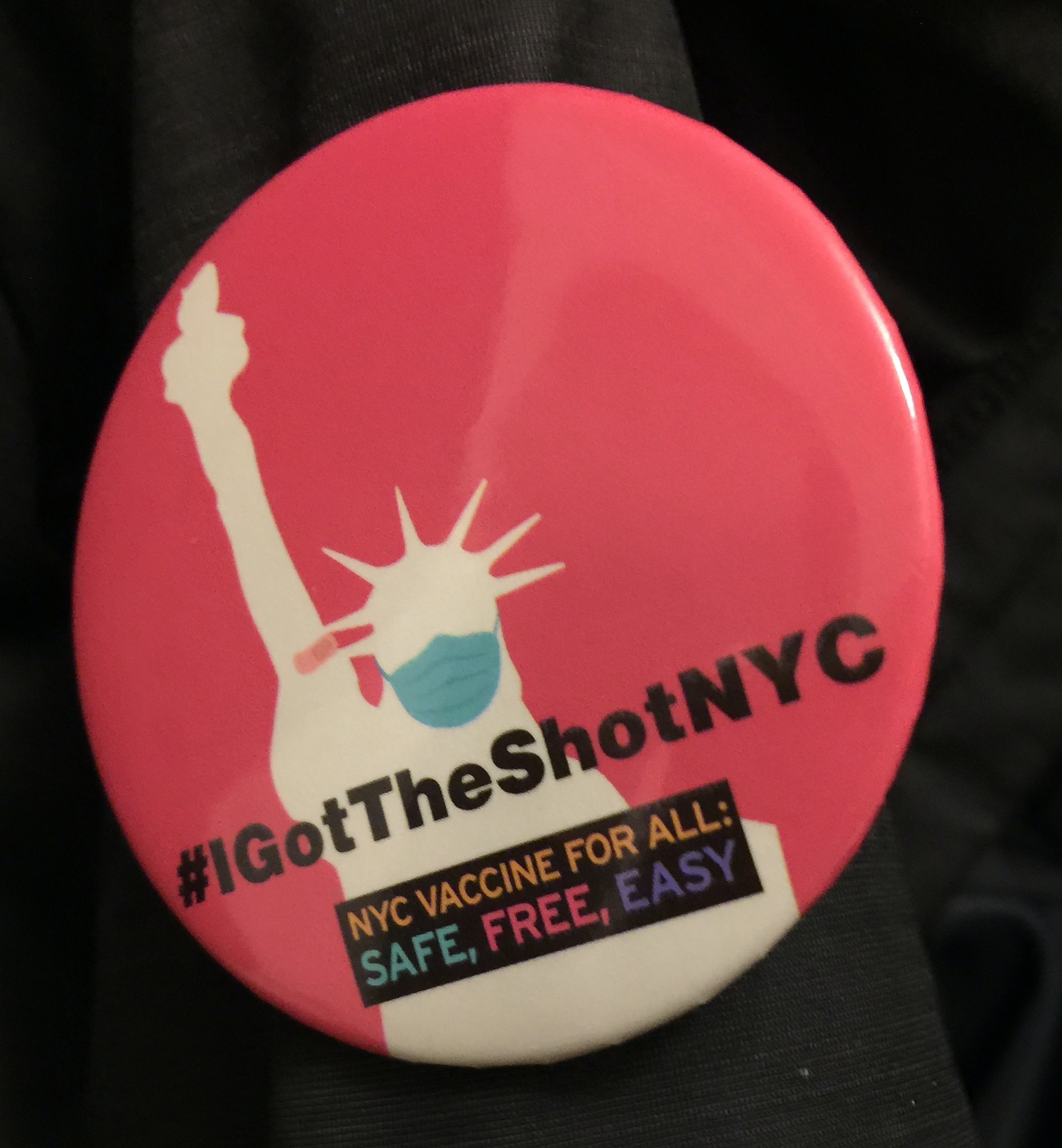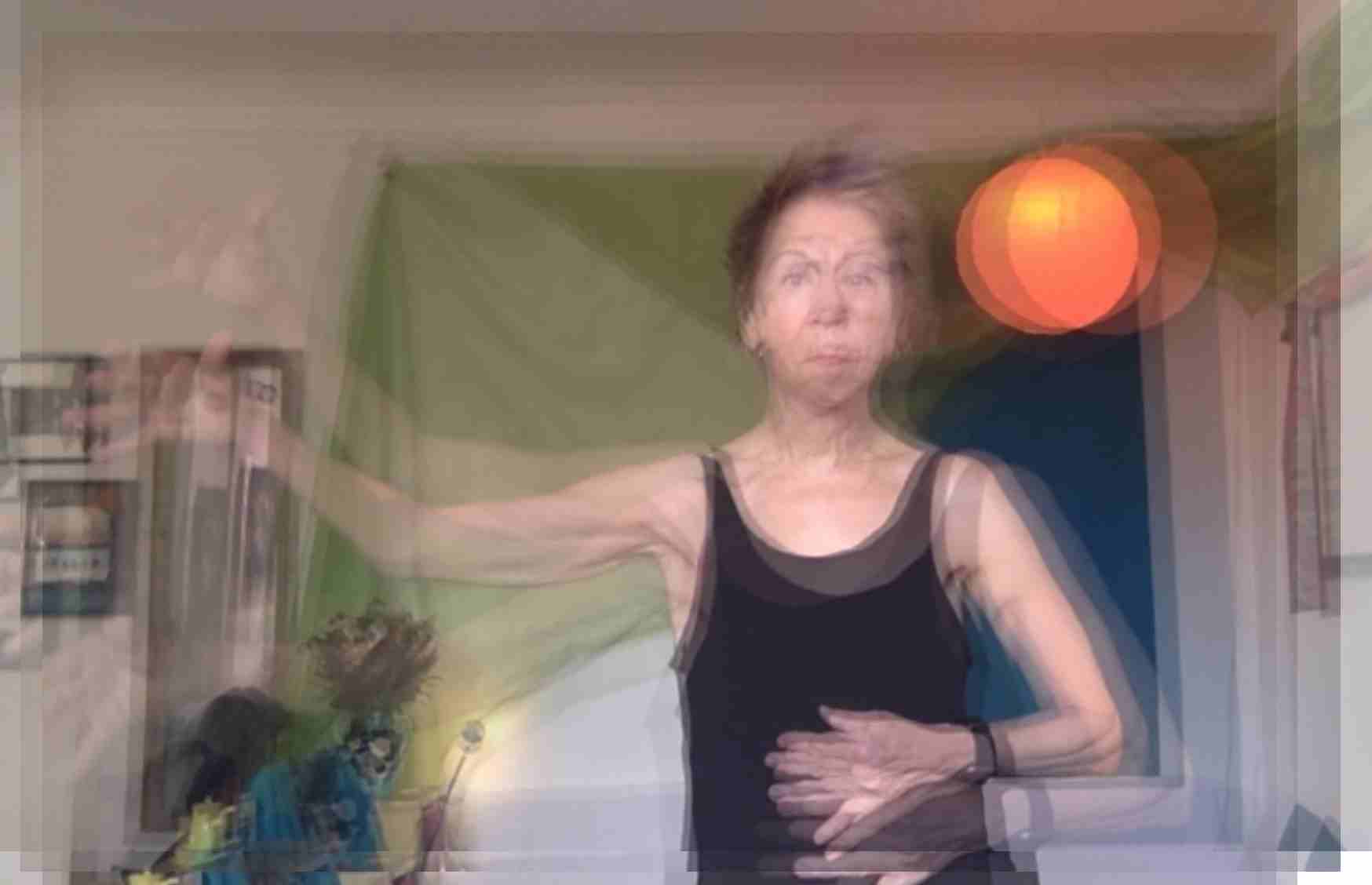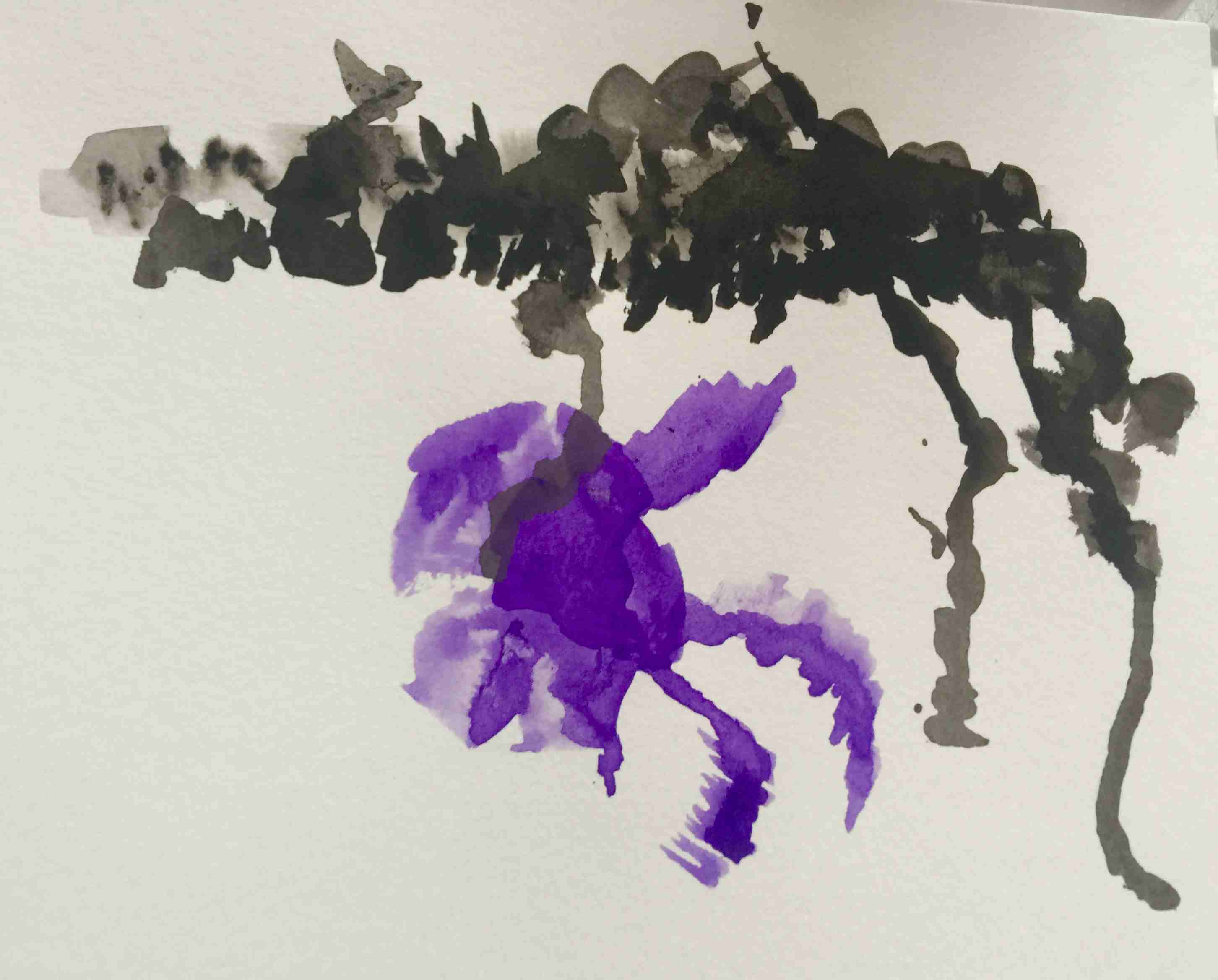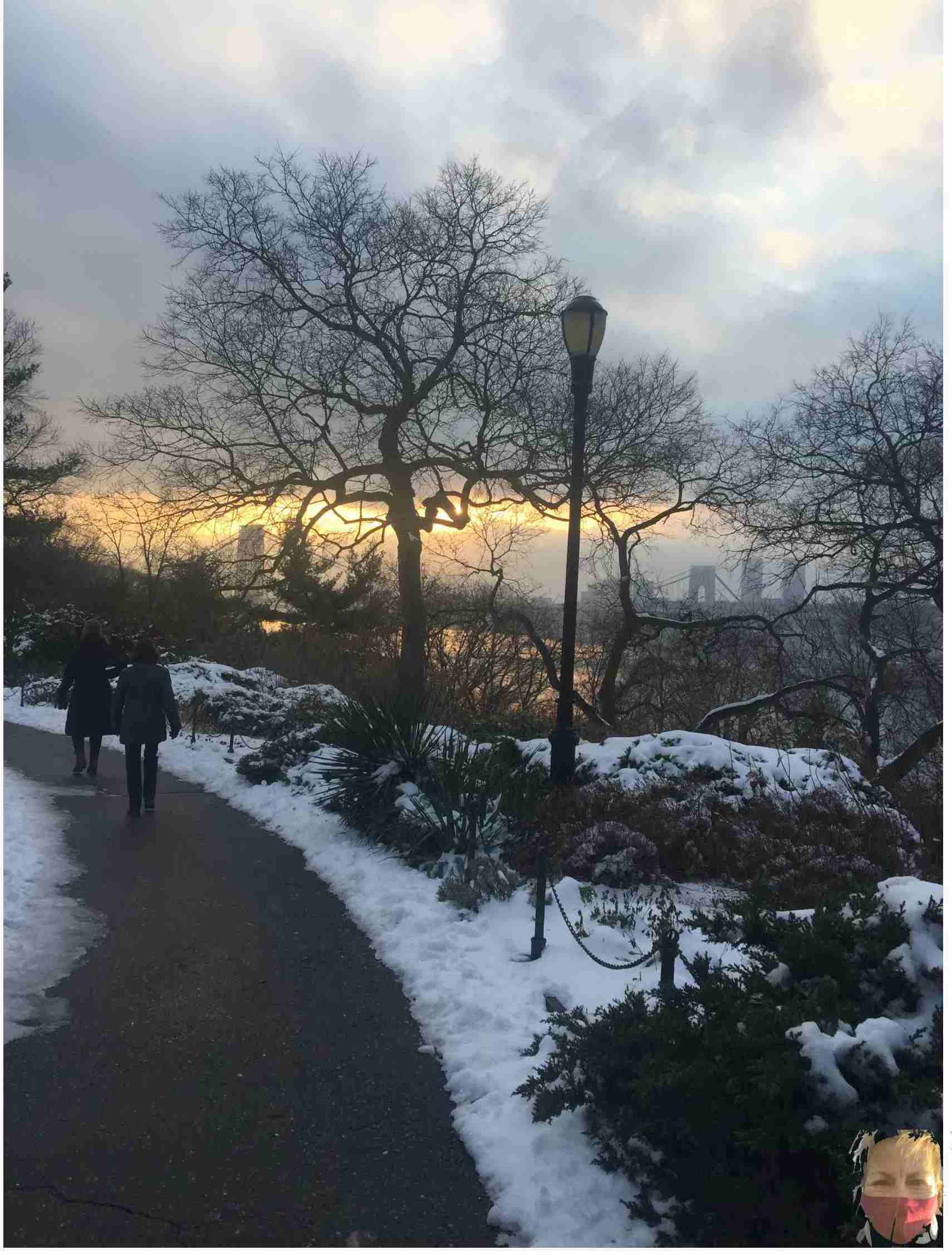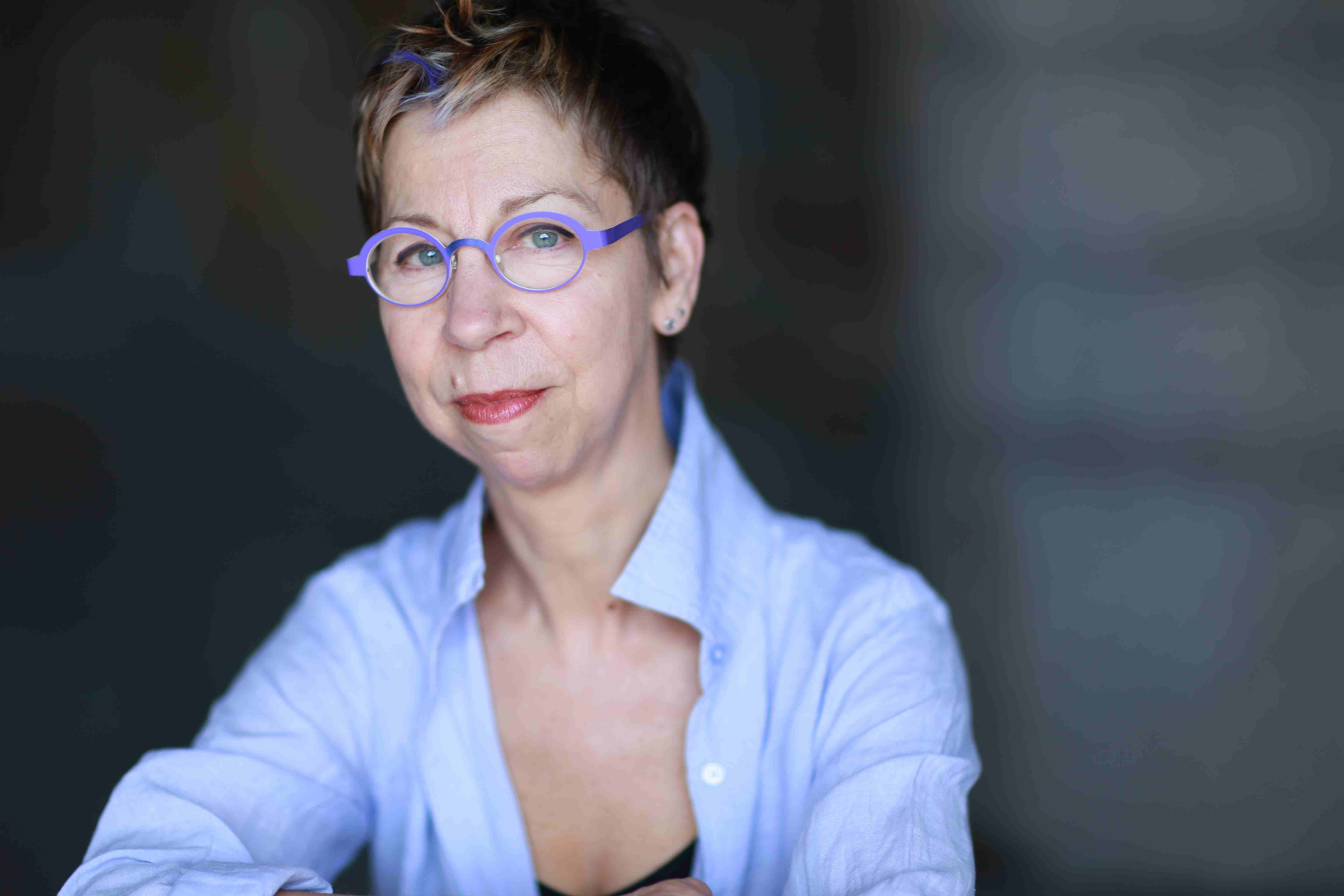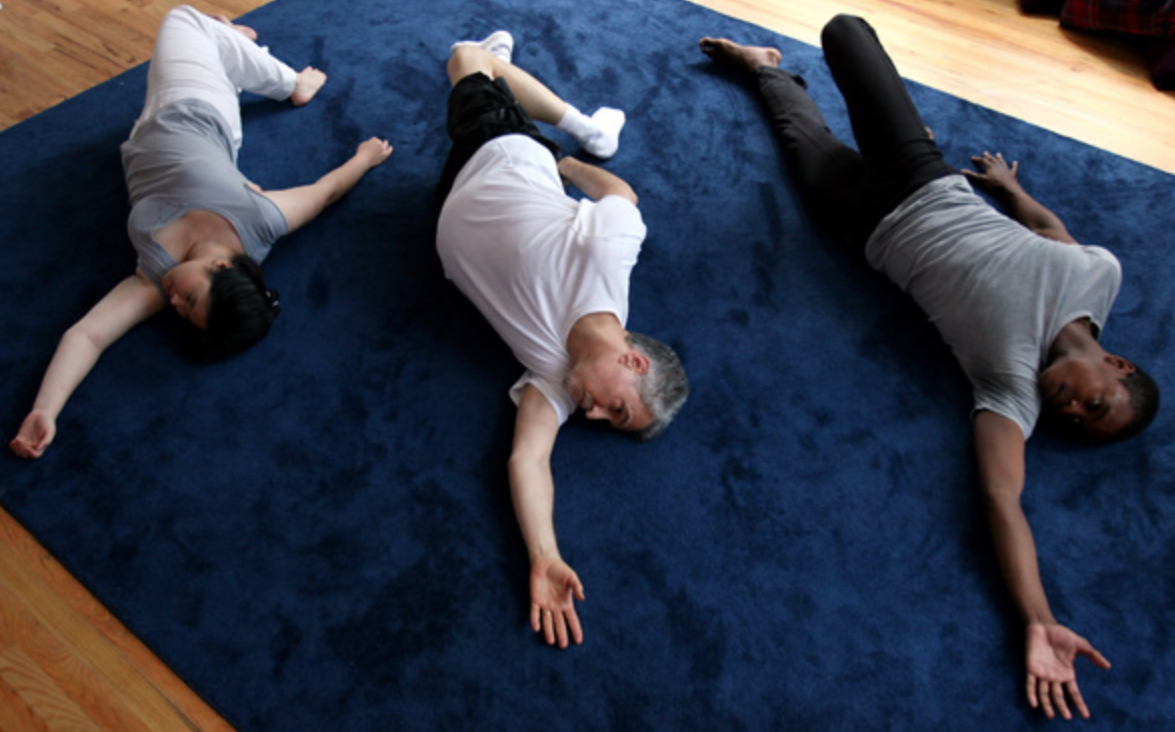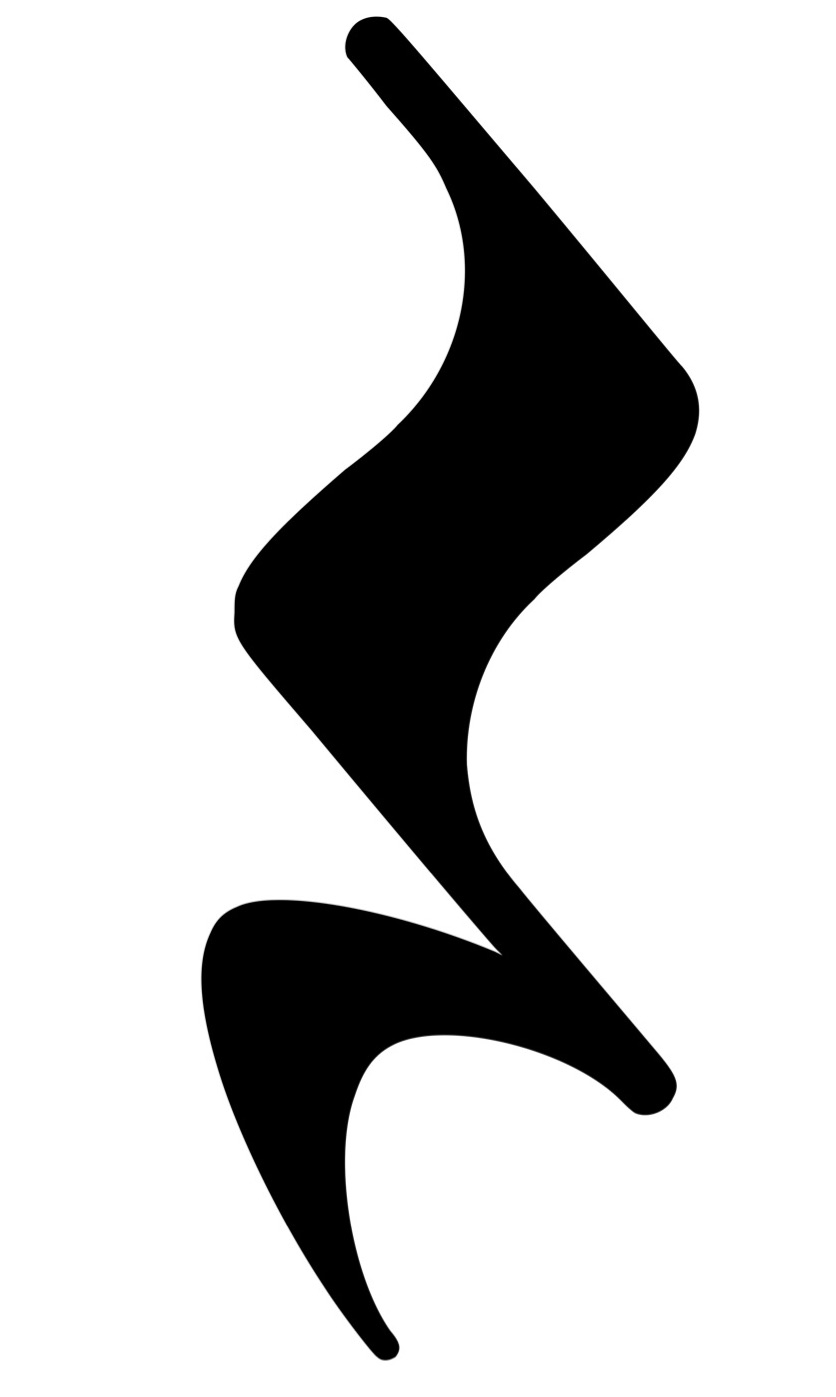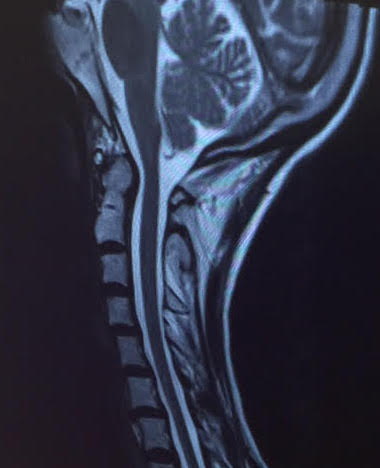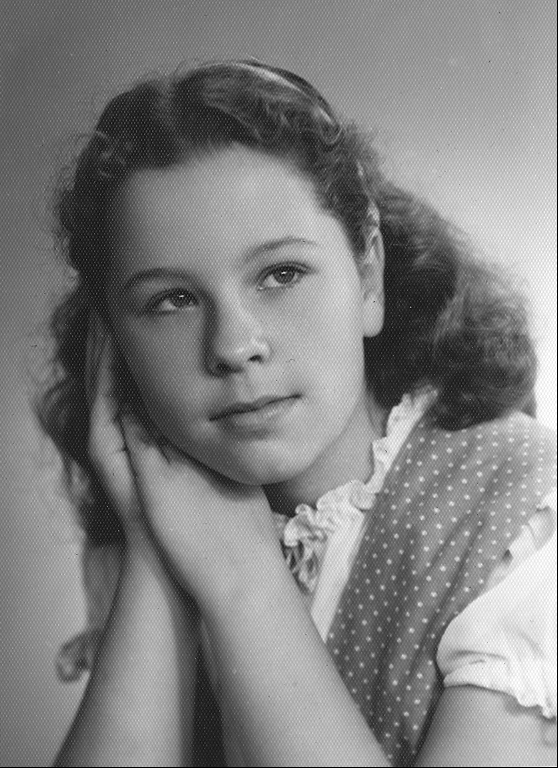
My mother died on February 17th.
In recent years I called her Mum as a repair for the awkwardness in my youth that arose from obeying my father’s insistence that we call her Mother. This stilted salutation, I believe, was to repair the fall from aristocracy that our family suffered by leaving Russia. The proper word really would have been Mama but it didn’t stick, maybe because we were repairing our Russianness too. So much brokenness, never spoken but always implied.
Who was my mother? Who are any of us under all those repairs?
While I was mourning her loss, my Zen teacher, Roshi Joshin, asked if there was an image of her that came to mind, a way that I could sense her presence now. I thought of a butterfly, then changed my mind because butterflies land on things, and my impression of her was that she never really landed. "Perhaps a hummingbird," said my daughter. Perhaps. All I know is that I couldn’t reach her, couldn’t touch her. Or I couldn’t get her to reach me. I’m not sure what the difference is.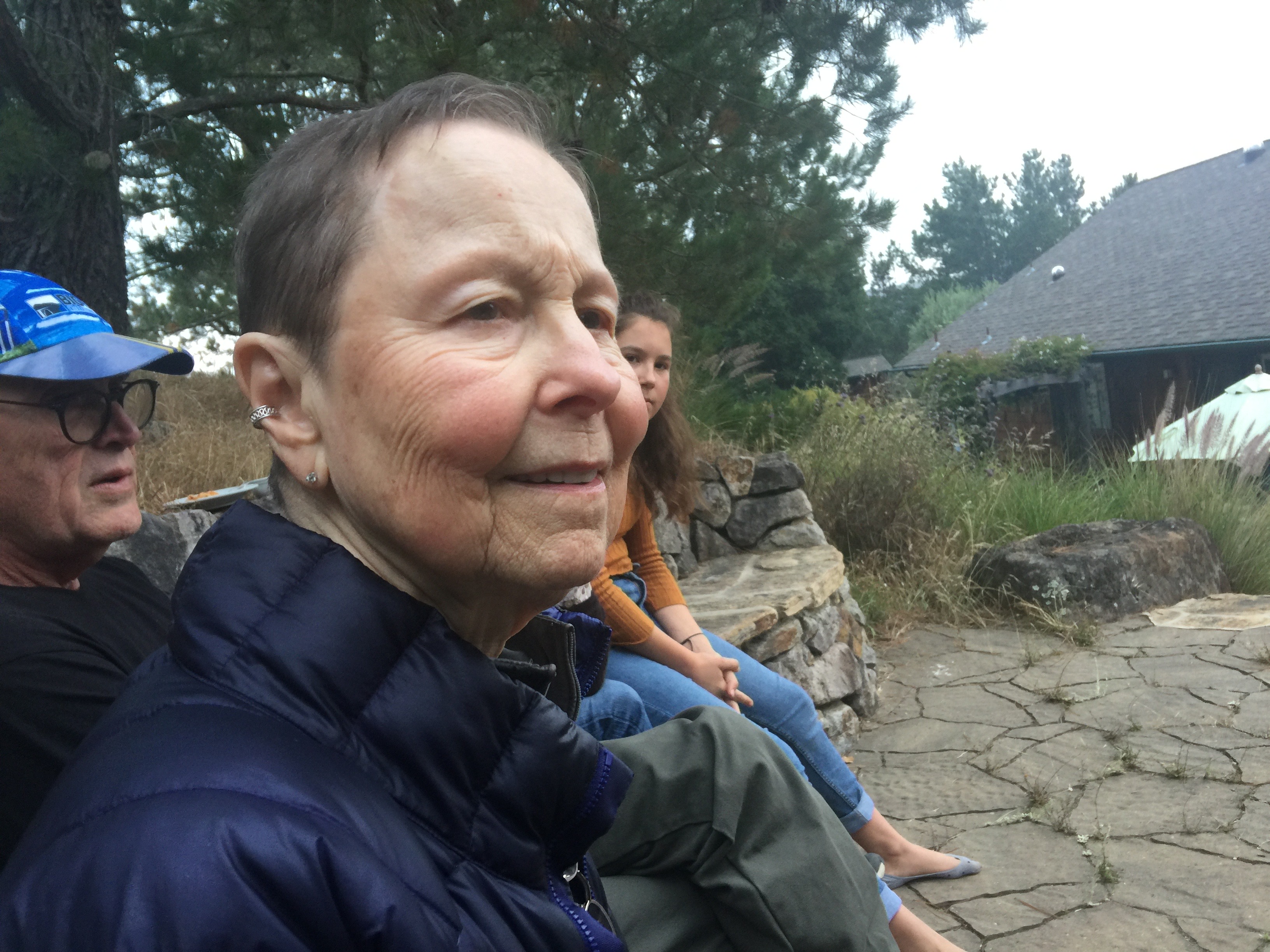
Later I realized that she saw me as a butterfly. And when I saw one several days later, seeming to call for my attention at the window, I realized that she was present in the way I see myself. In fact, my first memory is of a blue butterfly crushed by my brother. Maybe I expressed it to my mother. Or maybe I constructed it from things she said. Anyway she wrote a poem called "Blue Butterfly" for my 50th birthday. It memorializes the time when a photographer asked to use my picture in an ad, then saw that my legs were in casts and I could not walk. Here’s an excerpt:
Here was a spotlight on the indifference around, the dismay of a mother,
the trust of a child, and her innocent faith that she would be well,
made so by the grown-ups who loved her. With a turn of the prism,
our powerlessness was bared in the glare. A slight twist cast a softer
yet lucid light on the sweetness of innocence that, much too soon,
would be lost.
Yet another refraction made blaze the pain that awaited
in the tomorrows, no matter our will or resolve. In the midst of this spin,
there she sat, my blue butterfly, tranquil still in the moment.
Time enough later to learn of the future and change.
Refractions upon refractions. Reading her poem now, I understand that my illness (JRA) destroyed her idea of innocence and beauty, and there she was, spinning, while I sat, tranquil still. Of course I had no choice; I couldn’t get up and walk, could I? And this, in a nutshell, produced my lifelong struggle. She was moving so fast I couldn’t sense her center. I felt like I needed to move faster but I couldn’t. The frustration was immense. When I expressed it, they called it rage. And then it became rage. Such is the tragedy of interconnection, healed somewhat by poetry belated.
The 9th Zen precept is classically translated as "not being angry." I remembered that the Zen Peacemaker version was something like 'transform suffering into wisdom,' but when I went to look it up, it had changed! Now it is "bearing witness to emotions that arise."
Oh, if only someone had been able to bear witness then! How different our lives could have been if she had been able to bear witness to her dismay and grief instead of trying to escape it; how different had I realized that brokenness is part of the nature of things, to be included, not rejected. What if the photographer had chosen to feature the disabled girl? How different the perceptions of all those consumers of culture, how different our understandings of each other!
Thankfully the world is trying to change. Thankfully I have access to this wisdom now as I heal and accept my body as it is. I just listened to an On Being podcast with Resmaa Menakem on healing racial trauma through awareness of the body and an understanding of the context of trauma. And our own Village Zendo featured a talk by Tokuyu Hoshi on brokenness. And yesterday I watched a conversation on Disability Justice sponsored by Dance NYC on Facebook. We are bearing witness. We are acting. We are healing.
was me not you
I thought
I knew
butterfly adieu
now who?
Related: Who Was She? Part One
June 18, 2020
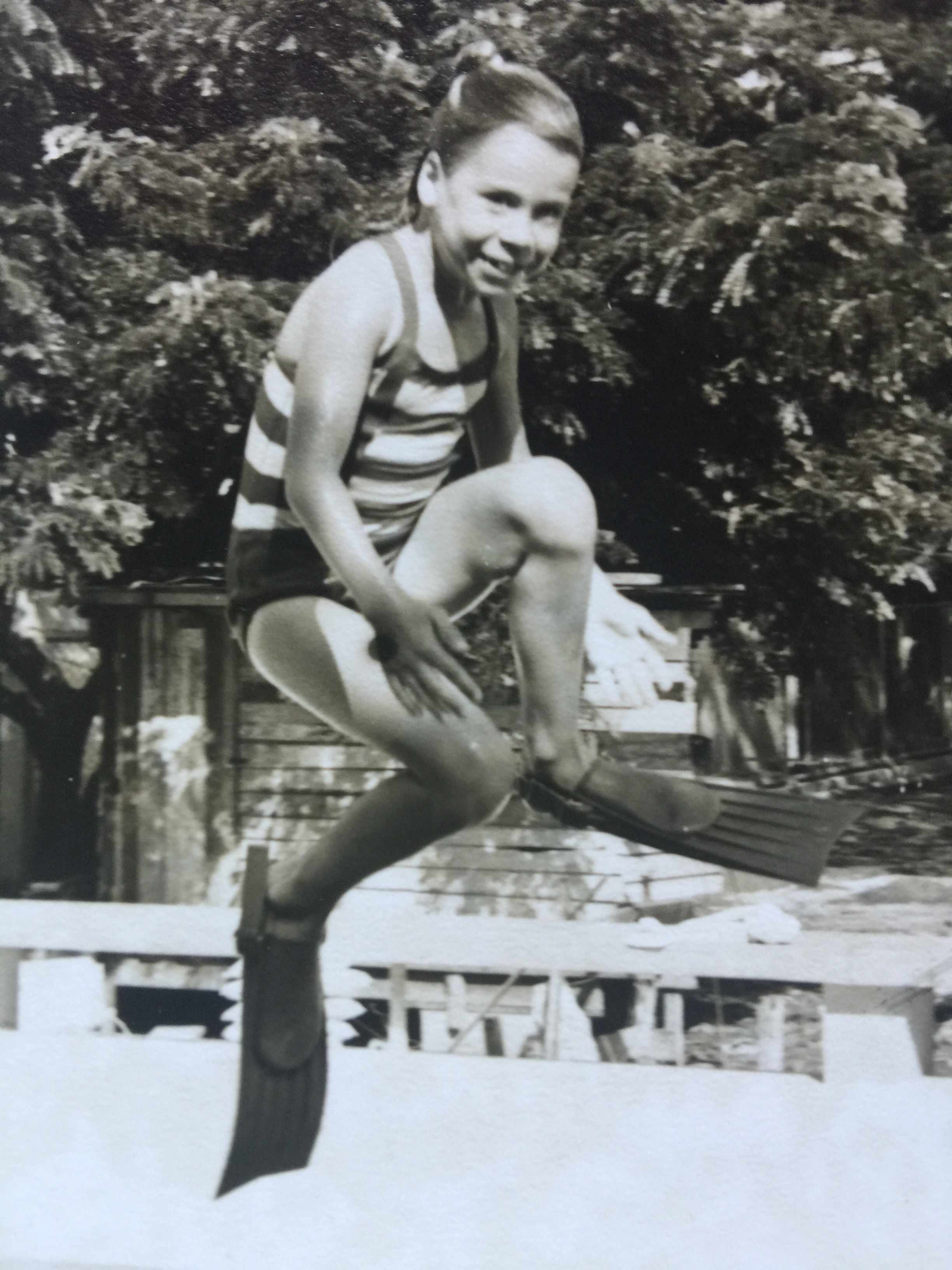 there is no good reason for this picture of me as a happy kid in flippers. still, here it is. at least you know what is going on... no I don't. This is supposedly a kind of ALS but no one knows the etiology, the mechanism or the cure for ALS. And Progressive Muscle Atrophy is even more rare, so even less studied.
there is no good reason for this picture of me as a happy kid in flippers. still, here it is. at least you know what is going on... no I don't. This is supposedly a kind of ALS but no one knows the etiology, the mechanism or the cure for ALS. And Progressive Muscle Atrophy is even more rare, so even less studied. 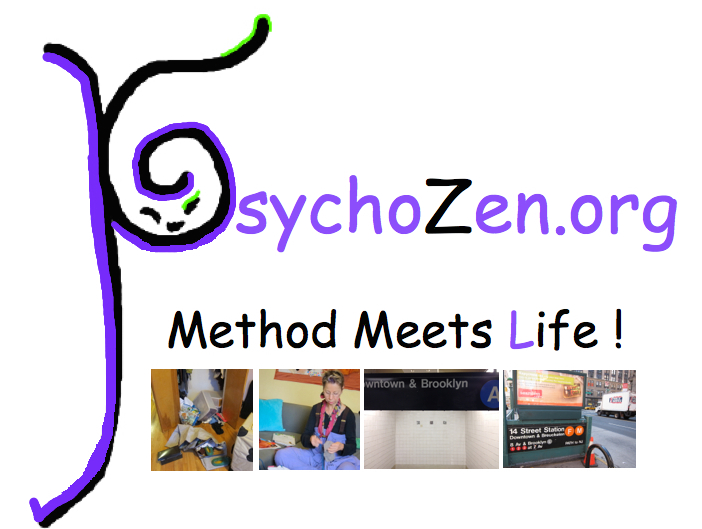
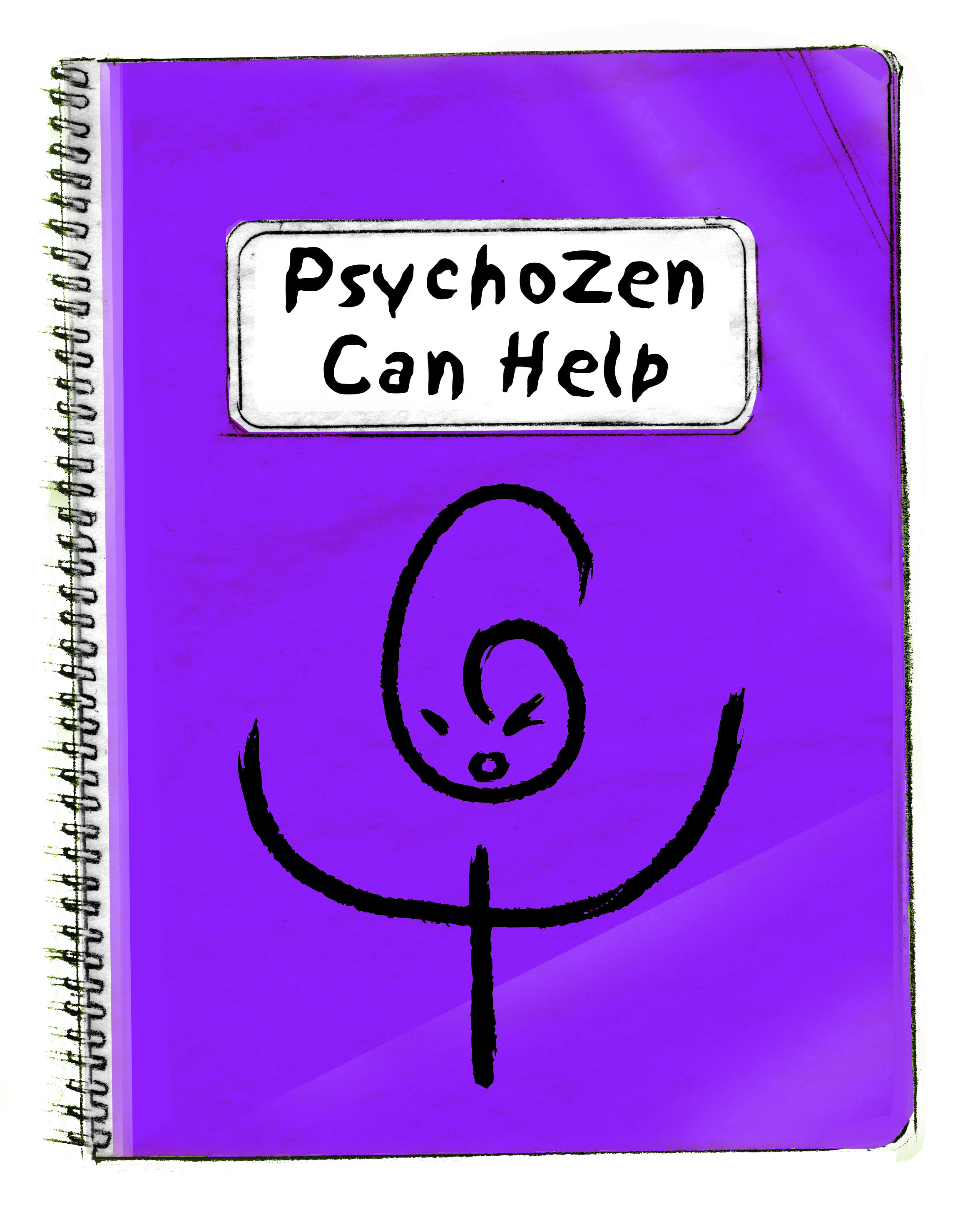
 Share Article →
Share Article → 